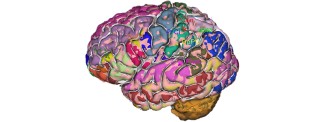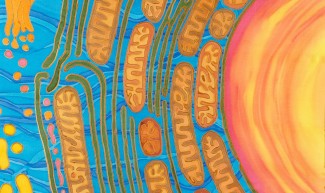The first WIRED (Workshop on Intracranial Recordings in humans : Epilepsy, DBS) will be held at the Institut du Cerveau - ICM on October 3 and 4. Conferences, technical discussions, poster session, commercial solutions, wine and cheese… all information and registration to this free event are on the website.
Intracranial electrophysiological recordings in human takes advantage of clinical investigations performed in the context of epileptic focus localization and deep brain stimulation (DBS) implants in movement disorder diseases. These recordings have proven to be of tremendous help to understand the physiopathology of these diseases, to validate results obtained with non-invasive approaches, and to study the general physiology of the human brain. Numerous technical developments have been recently made in the field, including the introduction of microelectrodes that allow investigators to obtain the level of spatial precision reached in animal models – down to single unit activity.
The first WIRED (Workshop on Intracranial Recordings in humans : Epilepsy, DBS) meeting will gather French and international participants, and invite leading speakers in the field. Featured talks will illustrate how intracranial recordings can be used for state of the art research projects, highlighting similarities and differences in DBS and epileptic investigation. All participants will have a chance to present their work at a poster session, with a prize worth 800€ to be awarded to the best poster. Since technical developments are key to scientific investigations, half a day will be dedicated to presentations and discussions on technical aspects. During the event, our partners will exhibit their latest commercial solutions.
The WIRED meeting will be held at Paris Brain Institute on October 3 and 4, all information and registration to this free event are on the website.
Organisation : Katia Lehongre, Adrien Schramm.
Comité scientifique : Vincent Navarro, Brian Lau, Nathalie George, Michel Le Van Quyen, Marie Laure Welter, Lionel Naccache.







